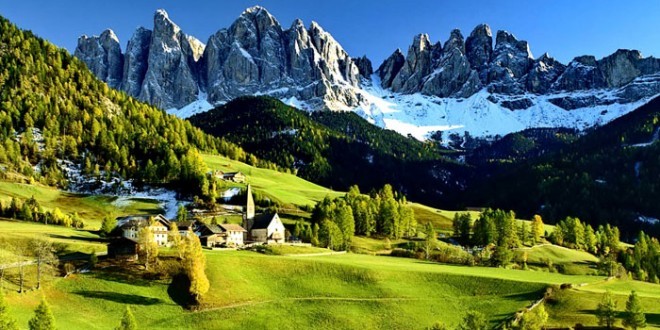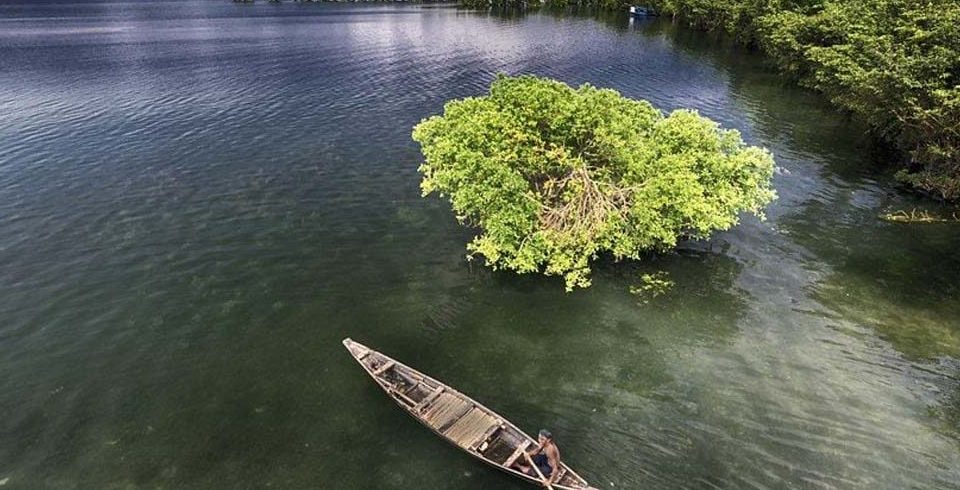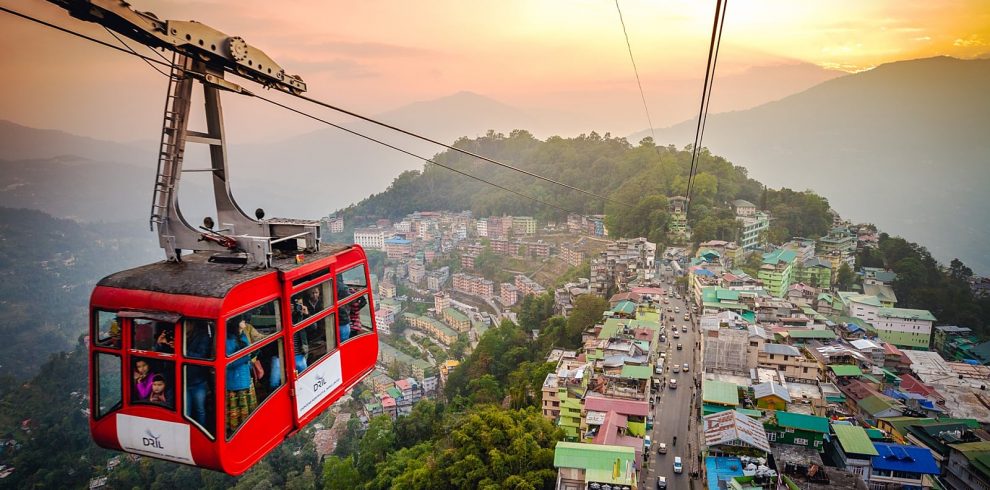This is the land of the muscatel flavored Darjeeling tea revered by connoisseurs across the globe. This is the land of the world heritage Darjeeling Himalayan Railway where the century old miniature steam engine still chugs uphill vying for space with the fast disappearing Land Rovers. “Flowers are everywhere. The days are cold and the sun almost seems to play hide and seek with us”. – Kabiguru Rabindranath Tagore. It is certainly that Darjeeling in the postmodern era comprises of six T’s -Tea, Teak, Tourism, Toy Train, Tiger Hill and Trekkers’ paradise.
Travel is the movement of people between relatively distant geographical locations, and can involve travel by foot, bicycle, automobile, train, boat, bus, airplane, or other means, with or without luggage, and can be one way or round trip. Travel can also include relatively short stays between successive movements.
The origin of the word “travel” is most likely lost to history. The term “travel” may originate from the Old French word travail, which means ‘work’. According to the Merriam Webster dictionary, the first known use of the word travel was in the 14th century.
It also states that the word comes from Middle English travailen, travelen (which means to torment, labor, strive, journey) and earlier from Old French travailler (which means to work strenuously, toil). In English we still occasionally use the words “travail”, which means struggle. According to Simon Winchester in his book The Best Travelers’ Tales (2004), the words “travel” and “travail” both share an even more ancient root: a Roman instrument of torture called the tripalium (in Latin it means “three stakes”, as in to impale).





